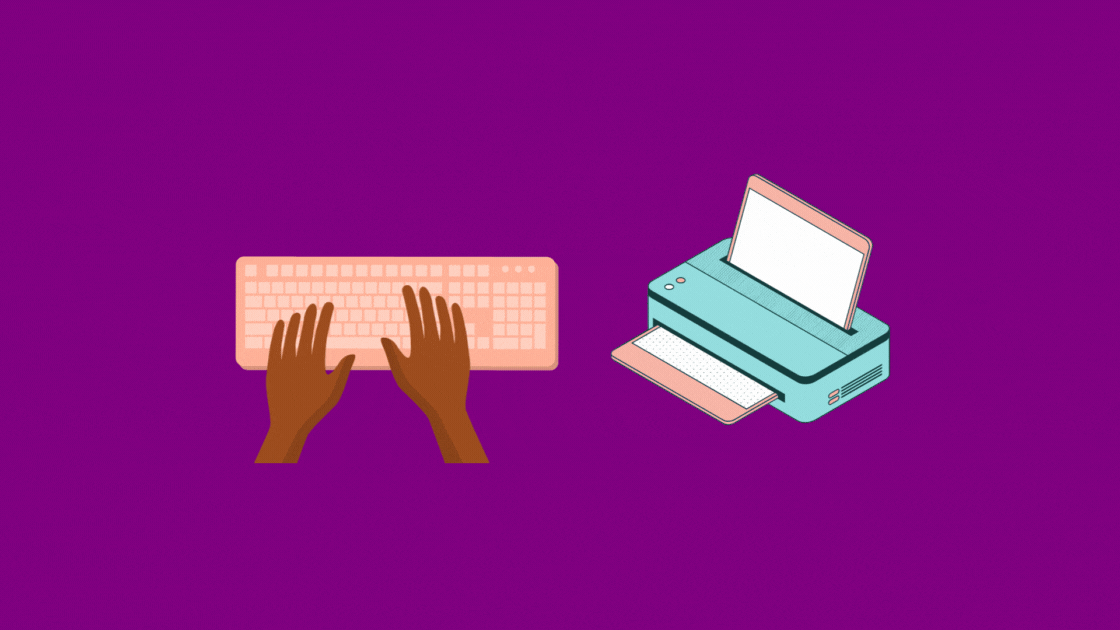
Does your app actually need more code?
Think about it:
• 80% of software maintenance costs are due to "technical debt"
• Developers spend 42% of time dealing with bad code
• Only 15% of code in average projects is actually used
The counterintuitive truth:
Less code often leads to better software.
"Perfection is achieved when there is nothing left to take away." - Antoine de Saint-Exupéry
Why is less code better?
1. Easier to understand:
Developers spend 58% of time reading code, not writing it.
Less code = faster onboarding, easier maintenance.
2. Fewer bugs:
Bug density increases with code complexity.
Less code = fewer hiding spots for bugs.
3. Faster development:
Less code = quicker iterations, faster time-to-market.
4. Improved performance:
Bloated code = slower execution.
Less code = snappier apps, happier users.
5. Lower maintenance costs:
Less code = less to maintain, less to go wrong.
"The best code is no code at all." - Jeff Atwood, Stack Overflow co-founder
Writing less code? It's an art.
It requires discipline and deep understanding.
Anyone can write complex code. It takes a master to write simple code.
The secret? Focus on the problem, not the code.
Ask: "Do we really need this feature?"
"Can we simplify this process?"
"Is there an existing solution we can use?"
Remember: Code is a liability. Functionality is an asset.
Every line you write is a line you'll maintain.
"Programming isn't about typing, it's about thinking." - Rich Hickey
It's not just about individual developers. It's about culture.
Google's "Read-Modify-Write" cycle emphasizes understanding existing code before adding new code.
Result? More thoughtful additions. Less unnecessary bloat.
The path to less code starts with you.
Question every line. Refactor relentlessly. Celebrate deletion.
Remember: The best code is the code you didn't have to write.
This is why at Polipo, we make it possible to write 50% less code, thanks to Figma.
Would like to try it?
Start here.